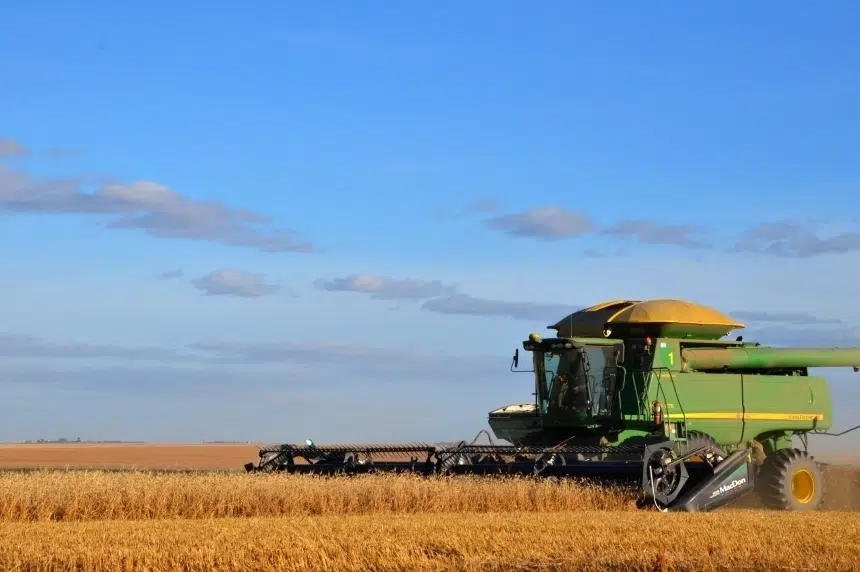Agriculture is one of the biggest industries in Saskatchewan, and farmers are coming off a tough summer.
A drought left the ground parched and bone-dry, reducing crop yields and leaving many ranchers without enough feed for their cattle.
However, summer is nearly over. And one day before the new season kicks off, Canada will choose its federal government.
So, what do farmers want to see out of the election? 980 CJME made a trip out to the field to find out.
Dan Howell farms durum and lentils close to Disley, just off Highway 11 north of Lumsden. He also has a herd of 140 cattle.
There are a number of things on his mind heading into the election, but he has one main concern above all else.
“We just need to move (the Liberals’) Justin Trudeau along. I think Canada’s had enough. That’s probably the biggest thing that we can get out of the deal, and we’ll roll the dice with whatever platform (we get),” he said.
The biggest reason Howell is unhappy with the government that has reigned since 2015 is simple: All of the equipment he uses on the farm takes a lot of gas.
“It looks like the Liberals’ No. 1 platform would be to increase the carbon tax. That, to me, is probably the worst thing we can do for us … There’s other taxes on fuel and what have you, it’s just that one increases our lack of ability to compete with other countries that don’t have to pay it, such as the United States,” he said.
All three of the biggest political parties’ platforms do include some kind of a price on carbon. However, Howell feels a lot more comfortable taking a chance with the Conservative Party’s pricing scheme.
One thing the Liberal Party is offering farmers is increased subsidies to pay for green energy-based technology.
That’s an idea Howell isn’t totally against, but he doesn’t think it’s a feasible substitute for fossil fuels right now.
“I don’t know currently whether we have enough technology or we’re quite ready for mass wind or solar (power). Definitely, we need to keep looking at it, but I don’t think we’re there yet,” he continued.
While Howell would prefer the Conservatives to the NDP or Liberals, he feels like agriculture isn’t a huge priority for any of the major parties.
“I guess I feel ag is probably not a huge deal-breaker for any of the parties, with regard to ‘Let’s make ag happen to get elected.’ It’s an important industry, but it doesn’t seem like it’s one that’s very high on the agenda of most parties when they’re looking to get elected,” he said.
That’s a sentiment shared by Ray Orb, the president of the Saskatchewan Association of Rural Municipalities.
“Agriculture contributes over $100 billion to the national economy. It’s a big part of the contribution towards the GDP, so it is very important. But I think sometimes it gets lost in the shuffle because of the fact that there are more votes in the urban centres. There’s no doubt about that, especially in the big cities,” he said.
Orb also has a few things on his wish list for whichever party wins the election.
One seems to be a point of unity across the three parties with a chance to form government.
“I see all of the major political parties talking about broadband internet. In particular, our concern is rural broadband, better connectivity. I know that there’s desire there to improve rural connectivity across the country,” he explained.
However, there’s another issue he thinks none of the parties have it right on: Funding for infrastructure.
“There’s nothing that really stands out on infrastructure. I think everyone in this country knows that municipalities need more funding for infrastructure,” Orb said.
He pointed out there are about 1400 bridges in Saskatchewan that need repairs or total replacement.
Another issue Orb believes is important is modernizing and maintaining programs that help farmers during down years, like during this summer’s drought.
“A good example of farmers being in need is this year. The drought situation in Saskatchewan, it’s really imperative that those safety net programs be increased and improved,” he said.
Canadians head to the polls to choose the federal government next Monday.







